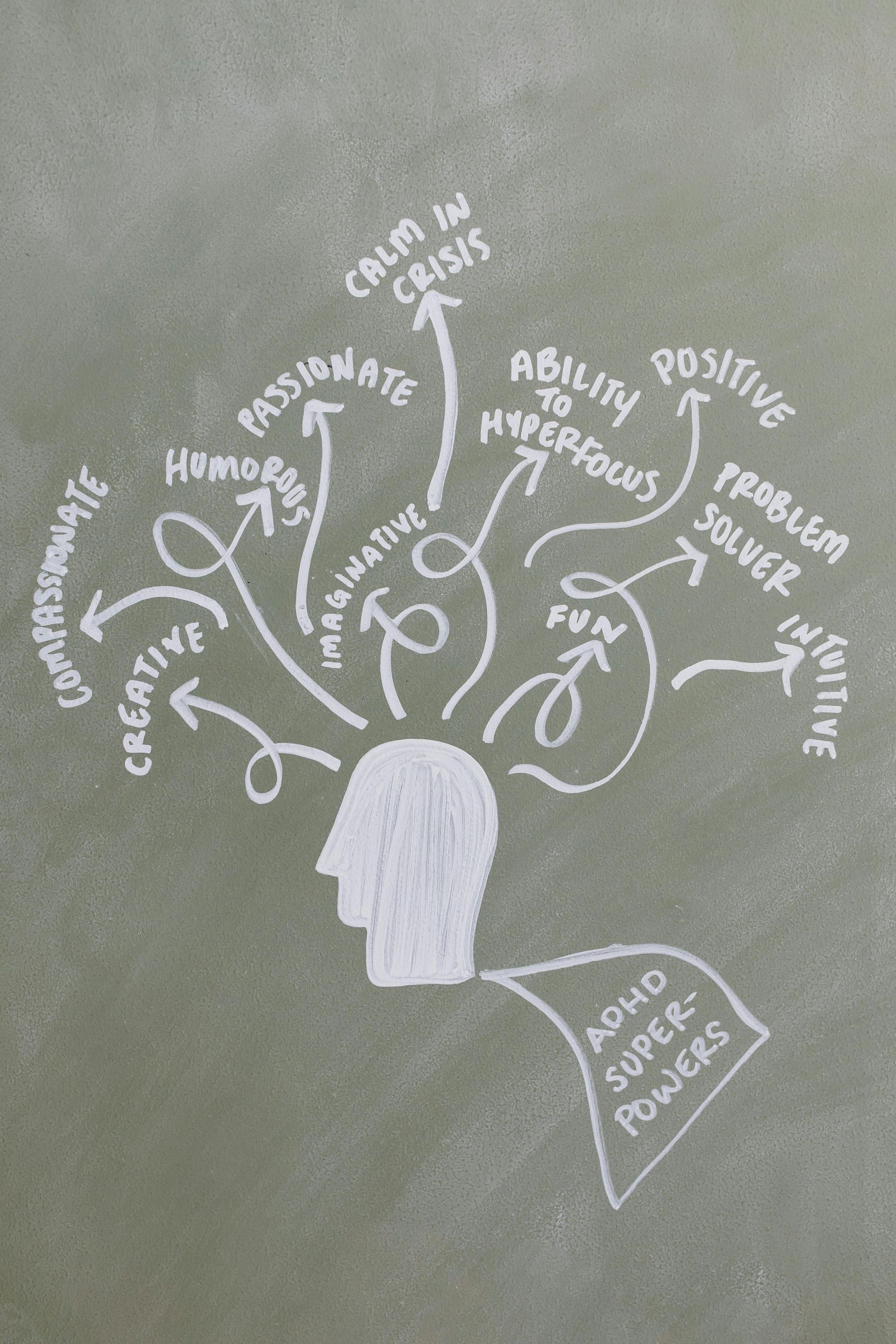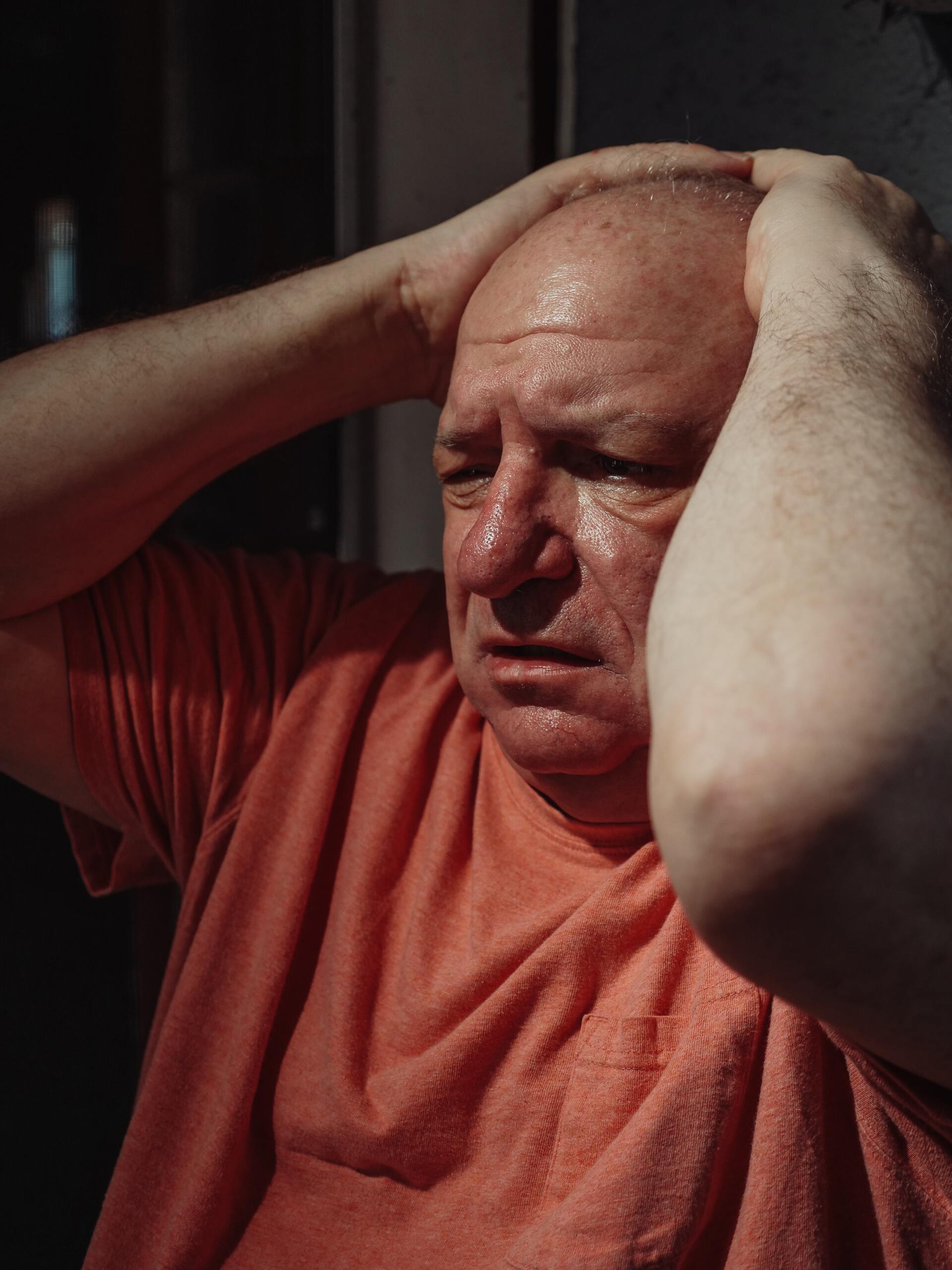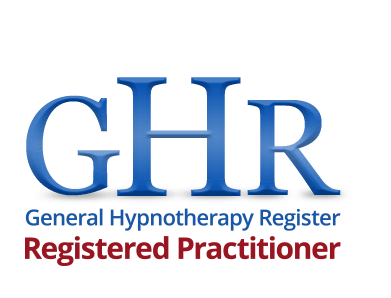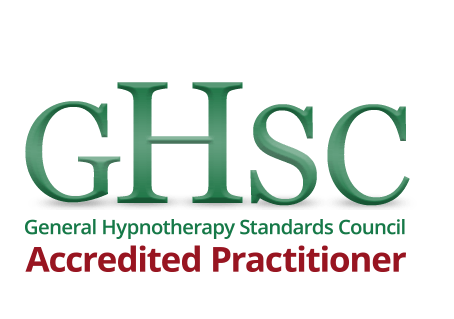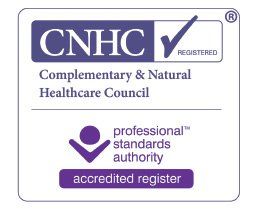In the news
Sign up to my Newsletter for a FREE Wellness check workbook
My monthly newsletter is packed full if useful wellbeing tips and FREE content sign up today to get your wellbeing back on track!
Let's Talk
The first step in therapy is talking. Let's find a time where we can meet and talk about what's on your mind.
Book a consultation


